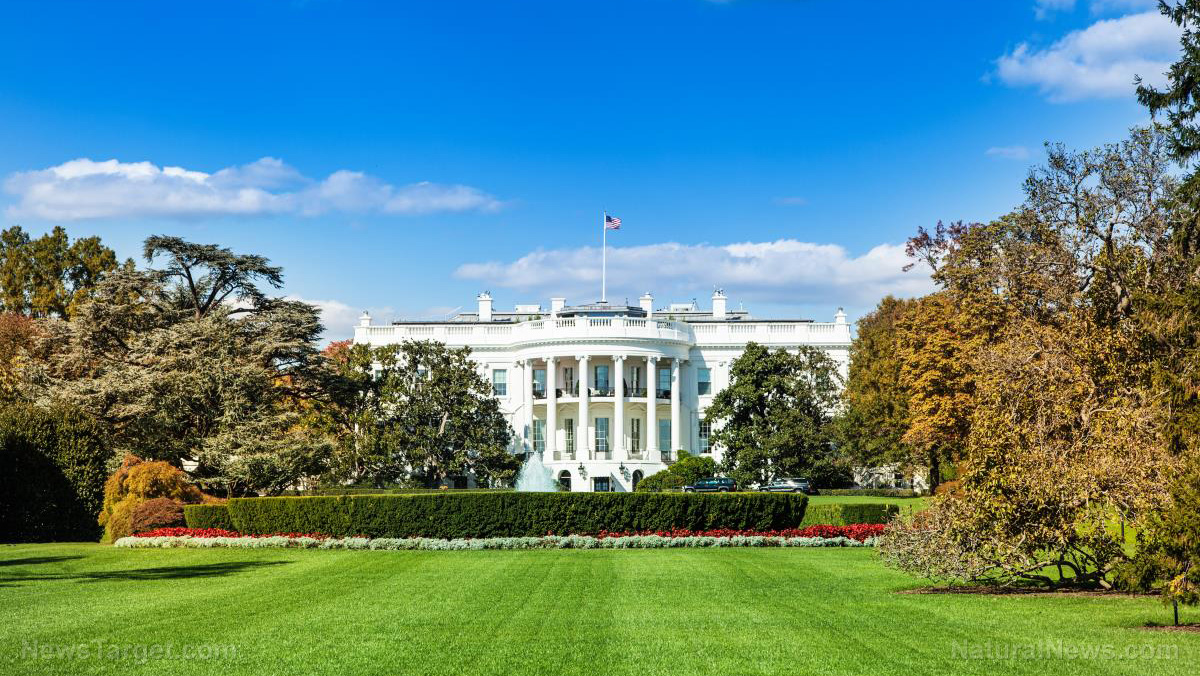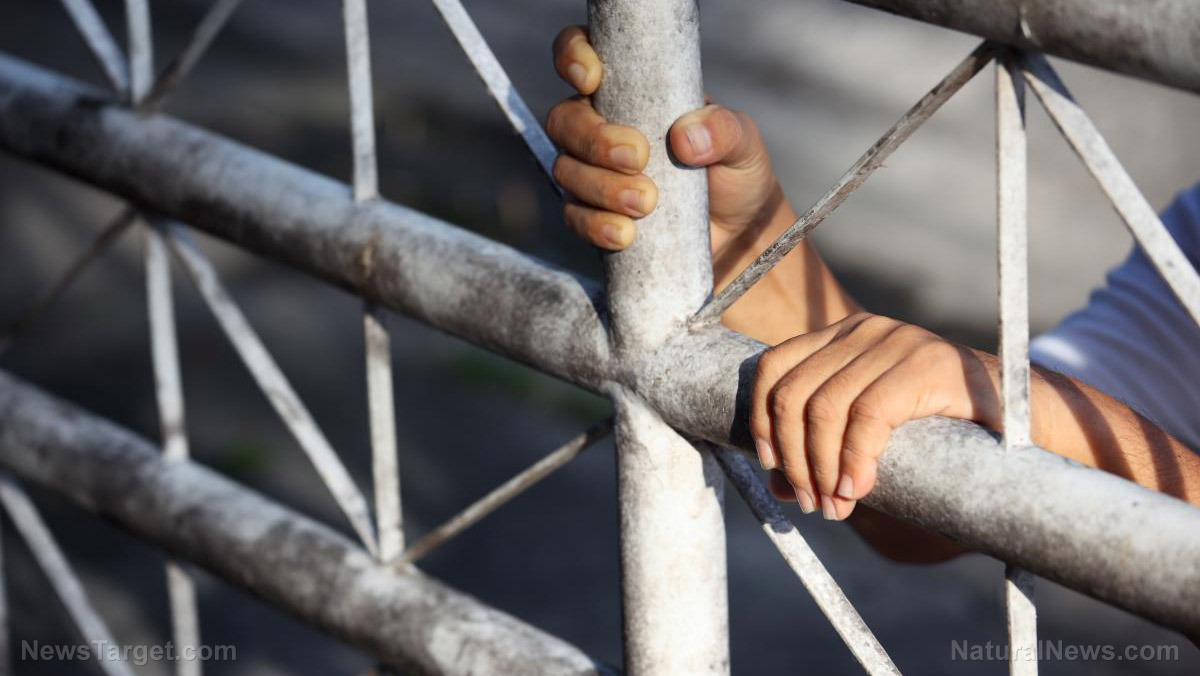
According to an internal memo sent Aug. 21 to NYPD supervisors, two-thirds of officers who have weekends off will have their schedules shifted, receiving off days during the week instead. The remaining one-third will maintain their current schedules. The memo also indicated that all uniformed officers below the rank of captain will be subject to the new arrangement, which is to begin on Aug. 31.
The memo cited increased violence, ongoing protests, COVID-19 restrictions and reduced overtime funding at the department as the main reason for the policy, which will remain in effect until further notice. Police officials did not say, however, how many additional officers would be working on the weekends under the new arrangement, only saying that many officers were already doing so.
On August 24, NYPD Commissioner Dermot Shea remarked on live television that the new staffing policy would give the department flexibility to assign more officers on the street where they were most needed.
“We’re doing what we can with the resources we have and making sure that it’s all hands on deck,” he stated.
Increase in weekend patrols follows surge in violent crime
The new policy comes after the city saw a spike in shootings and homicides during the coronavirus pandemic, a trend that intensified over the summer with many incidents occurring on weekends. Violent crimes, in particular, tended to be related to gang activity and the drug trade, according to police officials.
With fewer arrests being made in New York City due to the pandemic, some criminologists have proposed that the reduced number of arrests has led to more crime. However, police officials have disputed this idea.
Based on NYPD figures, there was a 95 percent increase in the number of shooting victims in New York City and an 87 percent increase in shooting incidents from Jan. 1 until Aug. 23 of this year compared with the same period in 2019. Meanwhile, the city saw a 35 percent increase in the number of homicides this year – currently at 280 incidents compared to 208 last year. In addition, the NYPD recorded 35 shooting incidents from the weekend of Aug. 21 to Aug. 23 – a marked increase from nine such incidents during the same period in 2019.
Reactions to the NYPD’s new policy
The NYPD’s new weekend deployment illustrates the seriousness of the current crime problem in New York City, according to Patrick Lynch, President of the Police Benevolent Association of the City of New York. “We’re at the breaking point,” he added.
In an Aug. 26 interview, New York City Public Advocate Jumaane Williams said that police response alone wouldn’t address the rising violence in the city but acknowledged that increased patrols might be helpful. Furthermore, Williams added that deploying additional officers on weekends is not a replacement for actually dealing with the root causes of crime.
Budget cuts affecting police departments all over the U.S.
During his TV appearance, Commissioner Shea said that officer attrition and a reduced overtime budget in the police department were also factors in the new policy. NYPD officials earlier said the department saw a reduction in the city’s approved budget and canceled a plan to hire 1,000 officers in July to save on costs.
Other police departments in different cities in the U.S. are facing the repercussions of reduced funding from state governments in response to the Black Lives Matter protests that are calling for police defunding.
The city council of Austin, Texas voted to slash $150 million from the budget of its police department, pushing the county judge of nearby Williamson County to ask for State Trooper reinforcements.
In Portland, Oregon where Antifa doxed 38 police officers, the city council passed a budget in June that took away at least $15 million from its police bureau.
Find out more about how police are responding to an increase in violent crime despite government defunding at PoliceViolence.news.
Sources include:
Please contact us for more information.























